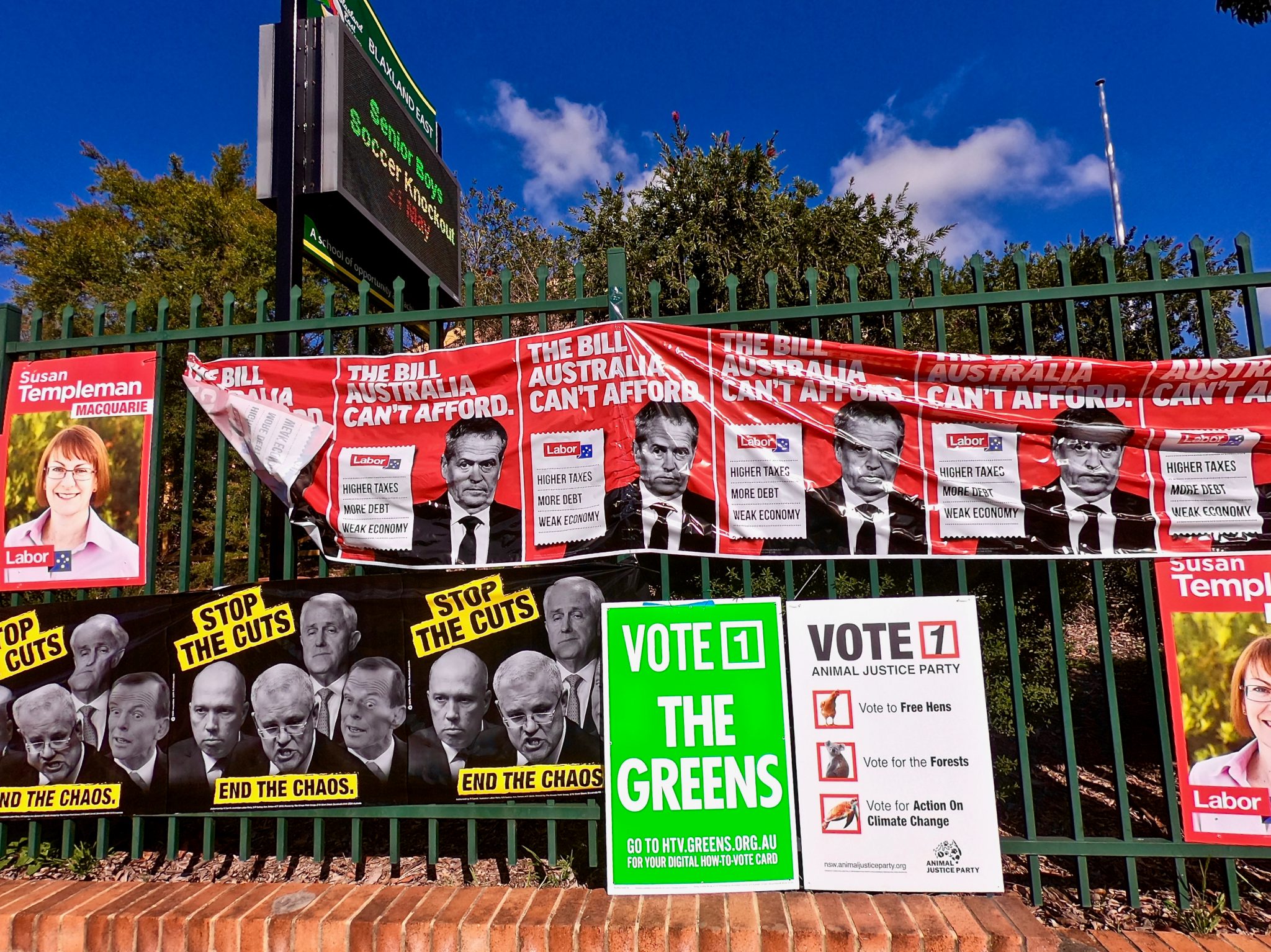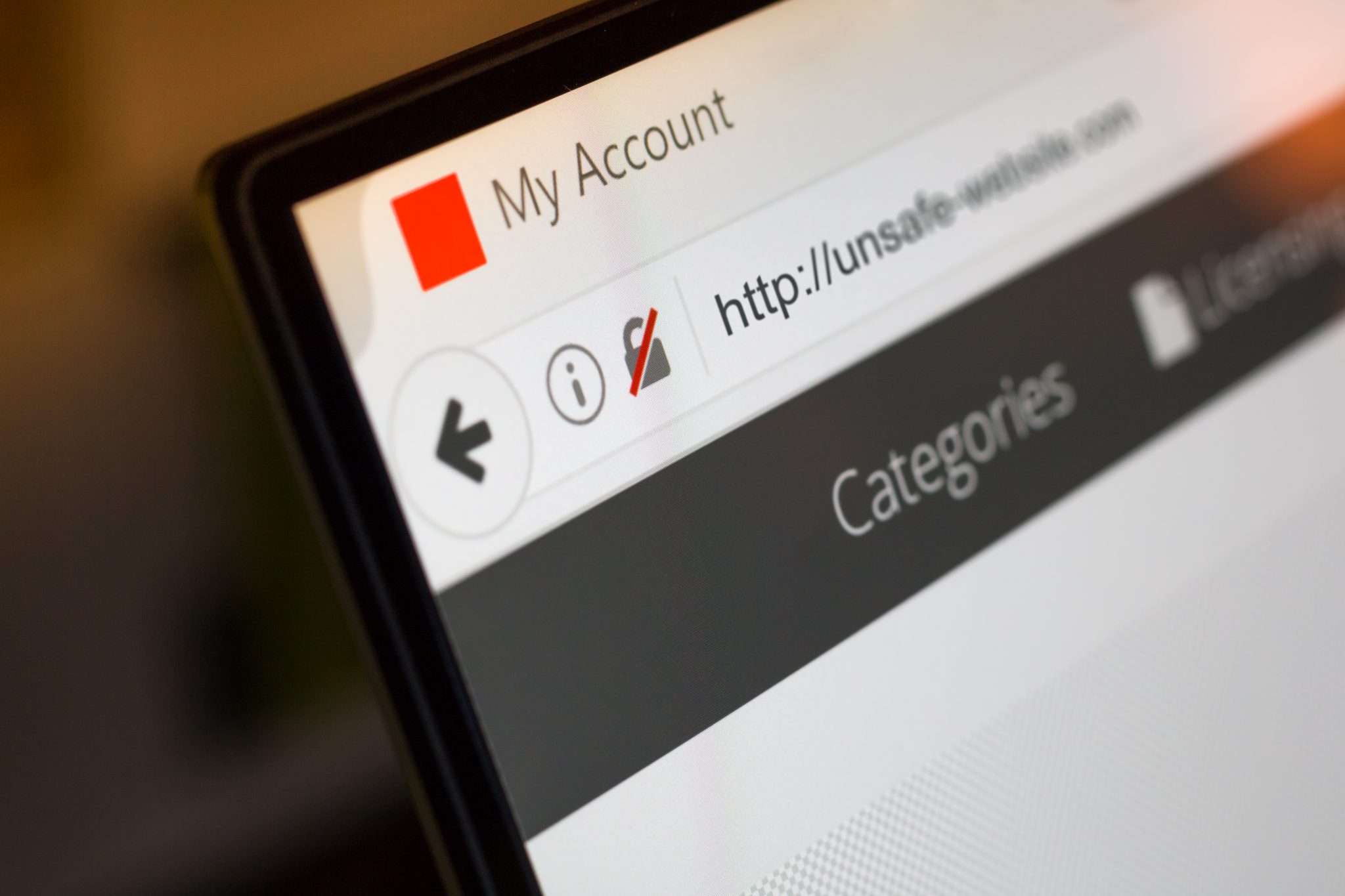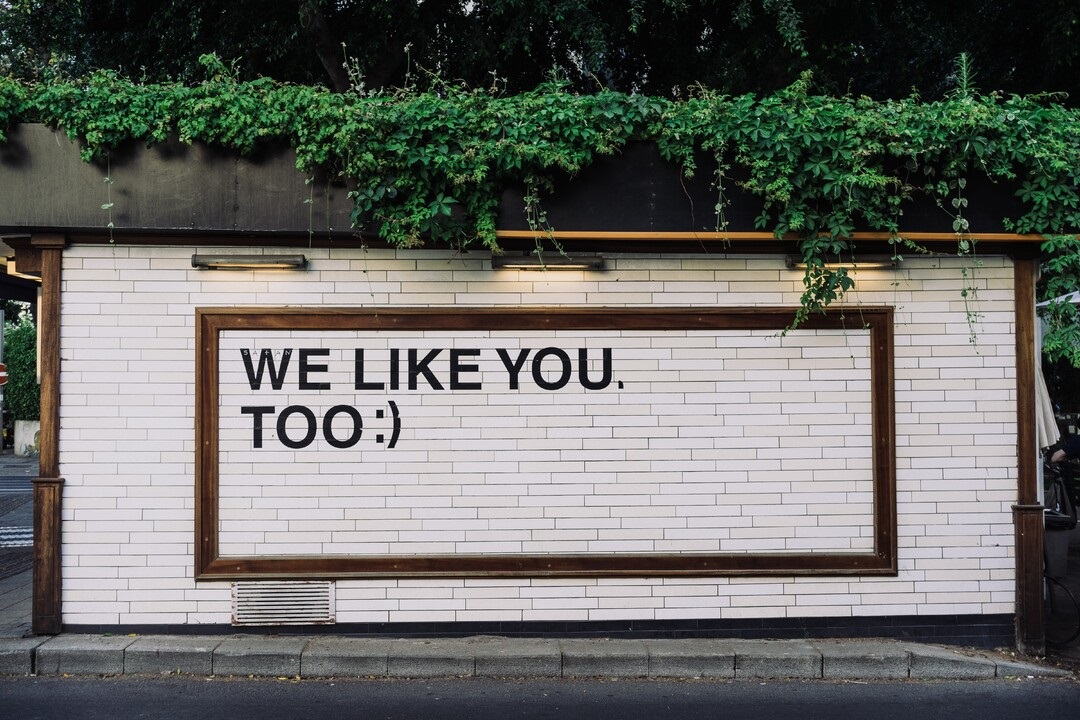
New Facebook Advertising Policies for 2019
We’re sure you’re already aware of a lot of the Facebook Advertising Policies has when it comes to what marketers are allowed to share.
No smoking products, no illegal products, no sexually suggestive material – the standard stuff. If your ad contradicts just one policy (and there are a lot of policies), then it’s going to be rejected, and your hopes for the most lucrative advertising campaign since the Nike head of marketing told his staff to get a move on will never be. You need to know exactly what Facebook is going to allow you to show in a user feed, so that your highly targeted ads with compelling copy, eye-catching imagery and ingenious design can drive the traffic they deserve. No one wants to spend hours on crafting their ads and meticulously targeting their audience, only to be confronted with this:

Sigh. Those Facebook Advertising Policies getting in the way of your steady march to social media domination. In general, there are five key reasons you may have had your ad rejected. We’re going to quickly touch on each of these to give you a good understanding of what the issue with your post might be, before going into more depth on some of the most recent updates to Facebook’s Advertising Policies.
1. You’re Advertising Something Restricted
In these cases, what you’re selling isn’t so much banned from being advertised on Facebook altogether, but there are restrictions depending on who you are, what you’re selling, and who you’re selling to.
The best and most simple example of a restricted product is alcohol. In general, as long as you’re following the laws of the country (i.e. not advertising alcohol to anyone under 18 in the UK) then you should be fine.

Whilst we all love a cold beer on a sunny Sunday afternoon, the Facebook ad review team don’t want you pushing them on 14-year olds. There are also restrictions on things like gambling, dating services and interestingly, political advertising.
Political ads on Facebook have found themselves firmly in the spotlight since the Cambridge Analytica Scandal, so the Facebook Advertising Policies around these are being reformed. You need to go through an authorization process in order to get your ad supporting Bernie Sanders approved, although it’ll be interesting to see the part social media plays in the upcoming 2020 election.
Essentially, when it comes to restricted ads, you will need to comply with local law and often get approval from Facebook. If you are selling anything that may contradict laws, be seen as harmful in any way, or potentially fraudulent in any way, you’ll need to apply for permission.
2. You’re Advertising Something Banned
This is a little more black-and-white, and a little more simple when it comes to your ads getting their space on that Facebook feed. Basically, they won’t. Prohibited products include things like smoking products, drugs (pharmaceutical or recreational), adult products, surveillance equipment, and so on.
 You’re not going to get anything illegal advertised on Facebook (shock), and there are a fair few legal products and services that are also banned entirely, so check up to see if what you’re selling will have any chance at all. Until recently, ads for anything cryptocurrency related were entirely prohibited.
You’re not going to get anything illegal advertised on Facebook (shock), and there are a fair few legal products and services that are also banned entirely, so check up to see if what you’re selling will have any chance at all. Until recently, ads for anything cryptocurrency related were entirely prohibited.
A cryptocurrency is a digital form of currency that can sometimes be used in digital transactions. This was because, according to Facebook, cryptocurrency ads “are frequently associated with misleading or deceptive promotional practices”. However, Facebook has made, if not a U-turn, then definitely a kind of capital L turn on this policy, for reasons we will discuss at greater length later in this blog.
3. You Have Errors in Your Ad
Facebook Ad Policies don’t end at what you are actually allowed to market. If you make a mistake with just one aspect of your ad, that anal-retentive Facebook team will have you blocked quicker than a marijuana smoking pyramid salesman holding a bag of pills from the local pharmacy.
So, what are the most common issues that crop up when a marketer has their ad rejected by Facebook for creative mistakes? One of the biggest offenders is the overuse of image text. Once a clear-cut rule, Facebook stated that if 20% of your ad image was covered with text, it wouldn’t be approved. Nowadays, they’re a little more lenient, but your ad’s reach may be scaled back if you include too much text on your image.

Facebook provide a delightfully vague tier system of ‘OK’, ‘Low’, ‘Medium’ and ‘High’, but fortunately determines for you what category your ad falls into. If your image text is ‘High’, your ad may not run, if it’s ‘OK’ then it will run as it normally would.
Poor ad copy writing will also result in you infringing on Facebook’s Advertising Policies, because Facebook, like most websites, want their users to have a quality experience on their site.
“IF YOU DON’T WANT TO SEE YOUR AD BAND FROM FACEBOOK, DON’T randomly CAPITALIZE YOUR AD COPY, MISS ANY ERRORS IN YOU’RE SPELLING OR GRAMMAR, OR USE UNNECESSARY AMOUNTS OF PUNCTUATION!!!!!!!!”
Make sure your ad is relevant to your product, and don’t let your audience know that you’re targeting them. Well, although Facebook does offer an unbelievably accurate targeting feature, Facebook doesn’t actually want users to know this. We’ll discuss this in greater depth later in the blog.
4. You Aren’t Upholding Community Standards

This one is all about not being a clearly horrible person. You could be advertising something as harmless as pomegranate seeds, but if you’re accused of violating the Facebook community code, your ad isn’t going to be shown.
If your ad encourages anything like murder, self-harm, violence, or any kind of criminal activity, it’s not going to be allowed. Not that you’d be likely to make many sales by suggesting violence and pomegranate seeds are an excellent combination.
Likewise, any ads that promote intolerance, racism, bullying or, well, you should probably have the idea by now, will not see your ad reaching the thousands of customers you envisioned it would.
Take part in the Facebook community as anyone would, and you’ll have no issue seeing your ad reach your audience.
Also, don’t violate intellectual property rights, and don’t try and release anything that could be seen as spam. This includes fake news stories, and virtually anything that misleads users or leads to a bad user experience.
<h2″>5. Your Landing Page Is Wrong
This is potentially the one you didn’t know about. It makes sense that your ad itself can’t promote hateful material, sell Jack Daniels to 8-year-olds, or encourage the purchase of a bazooka, but you could be forgiven for thinking that the page a user clicks to has nothing to do with your ad passing any Facebook Advertising Policies. But there are rules you need to follow with your landing page. Rules that, if not followed, will see your ad rejected by Facebook. For a start, you can’t start trying to deceive users with your URLs.

If your link says www.freeflights.com and you lead your users to www.despicablepyramidscheme.com, you’re pretty likely to have your ad banned. Make sure you’ve got all your business details included on your page, that it doesn’t look spammy, and that it doesn’t mislead your audience.
You just need to make sure your landing page offers the user the experience they could reasonably expect from your ad and is of a good quality.
If you can create an ad that follows all five of these above steps, you will have no problem getting your ad approved.
5. Facebook and Cryptocurrency
We discussed earlier that, back in January 2019, Facebook decided that ads for services involving cryptocurrency shouldn’t be shown on the platform.
Facebook’s Product Management Director said that this was because cryptocurrency ads “are frequently associated with misleading or deceptive promotional practices”. This seems very reasonable and even morally upstanding from Facebook.

Within the last month however, Facebook have loosened restrictions on cryptocurrency ads.
As of the 26th June, marketers can release ads relating to cryptocurrency trading, provided they have . In fact, any ads specifically for tax services for cryptocurrency companies, for events or news that are related to cryptocurrency or for are completely unrestricted. Provided you aren’t aiming to sell any cryptocurrency products, you are free to advertise. Written permission is required for any ads that promote hardware or software for mining cryptocurrency, for cryptocurrency trading platforms, or for an actual cryptocurrency.
Meanwhile, cryptocurrency token sales (or initial coin offerings (ICOs)), are still completely banned. Attempting to sell your cryptocurrency in return for legal tender still violates the updated Facebook advertising policies. But why have Facebook made this change? Why have they loosened their policy on what was once a “misleading or deceptive promotional practice”?
The official stance of Facebook is that it has “looked at the best way to refine this policy” due to the fact that some legitimate businesses have been unable to promote their services at all. However, amid the reports that Facebook is in the process of building its own cryptocurrency, it is logical to assume that reconsideration of this particular Facebook advertising policy has been initiated to benefit Facebook itself.
Facebook are planning on releasing a type of ‘stablecoin’, called Libra, which will allow users to transfer payments across the channels of WhatsApp and Facebook Messenger.
It’s pretty clear that Facebook won’t want an advertising policy that slows down or even completely halts the promotion of this cryptocurrency. Therefore, it should hardly come as a surprise that the policy restricting cryptocurrency ads has loosened.
Targeting Your Facebook Ads
As a Facebook marketer, you’ll already know that the platform allows you to target users with unprecedented accuracy when releasing your ads. You can determine a huge number of aspects about the users that will see your ads. Their age, nationality, income, relationship status, gender, job title, interests, education level, the list goes on.
But you can’t actually let users know that they’re being targeted.
Facebook do not like it if you are making it explicitly clear to a user that they are seeing an ad because you have targeted them specifically. In fact, they don’t want users to know that you, the advertiser, know anything about them whatsoever.
What does this mean for your ads?

Well, provided you don’t use words like ‘you’, yours’ or ‘other’ in your copy, you should be able to get away from falling foul of this Facebook advertising policy. As an example, you couldn’t write ad copy that specified that you know the person you’re targeting is say, interested in the New York Jets. To abide by this Facebook advertising policy, you would write something like ‘Special offer on New York Jets jerseys’ as opposed to ‘Special offer for you on your team jersey’.
Or, if you knew that your entire target audience was single, then ‘Meet other singles’ wouldn’t fly. On the other hand, simply using ‘Meet singles’ would be acceptable. According to Facebook, you simply can’t let users know that you are targeting personal attributes. These include:
- Race
- Ethnic origin
- Religion
- Beliefs
- Age
- Sexual orientation or practices
- Gender identity
- Disability
- Medical condition (including physical and mental health)
- Financial status
- Membership in a trade union
- Criminal record
- Name
It seems odd that Facebook should want to keep this hidden until you realise that 74% of Facebook users don’t even realise they are being targeted by ads. Combine this fact with the stat that says just over half of users are uncomfortable with the fact that Facebook knows so much about them, and you can clearly see why Facebook would rather users remain in the dark. The last thing Facebook wants is for users to go about withholding data or information from the platform, as this makes them harder to target ads and results in Facebook becoming less effective as a marketing platform. And as Facebook made a reported $55 billion in advertising revenue in 2018, you can see why they would want the platform to remain just as effective.
Final Thoughts
We’ve laid out some of the most recent updates and to the new Facebook advertising policies. These will allow you to craft your ads with the care required to get them approved so that you can avoid any confusing moments that see your meticulously crafted ad barred from Facebook.
Keep referring back to these rules as you build your own ads so that you can avoid any pitfalls Facebook sets along the way.
Try Demo – Filed, Marketing Software
Follow us on Instagram for blog updates – Instagram, Filed AI



